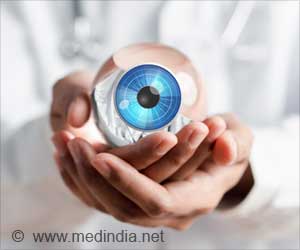
‘The machine learning algorithm predicted death risk from hospitals tests with 85% accuracy.’
Tweet it Now
The study is a proof-of-concept for using routinely collected data to improve individual care and allow the health-care system to “learn” as it goes, according to principal investigator Padma Kaul, professor of medicine and co-director of the Canadian VIGOUR Centre.
Artificial Intelligence Predicts Mortality Risk from Routine Tests
“We wanted to know whether we could use new methods like artificial intelligence and machine learning to analyze the data and identify patients who are at higher risk for mortality,” Kaul explains. “These findings illustrate how machine learning models can be employed to convert data collected routinely in clinical practice to knowledge that can be used to augment decision-making at the point of care as part of a learning health-care system.”A clinician will order an electrocardiogram if you have high blood pressure or symptoms of
Source-Eurekalert










